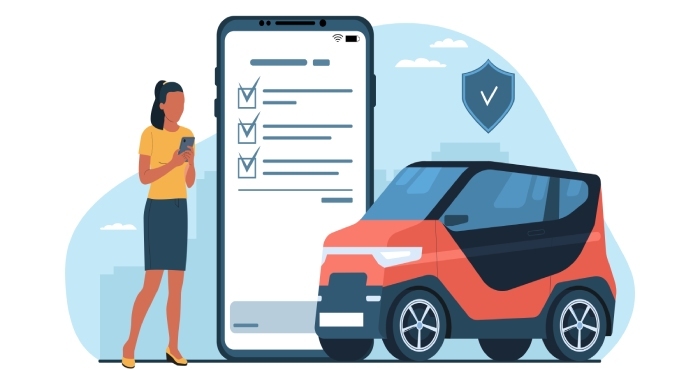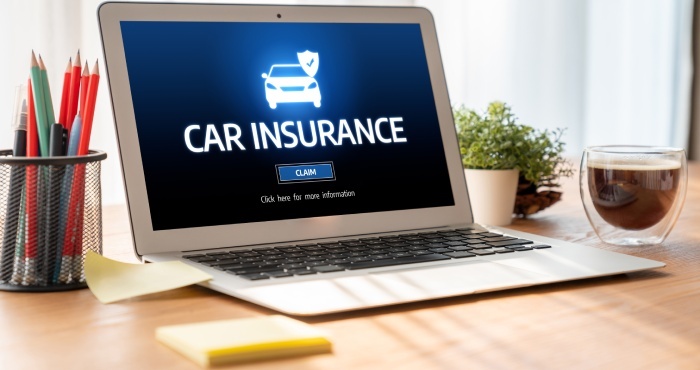Buying a new or pre-owned car typically comes with the hope that it will be reliable, not stuck in the repair shop more than on the streets. Unfortunately, for numerous buyers facing problems with faulty vehicles — often labeled as “lemons” — this can be an irritating situation. If your vehicle is frequently malfunctioning and requires repairs, you might be asking yourself: Do you have the right to a rental car while your lemon is fixed? The answer can vary, but in many instances, consumers do possess rights that may include receiving compensation or being provided with substitute transportation.
Understanding the Basics: What Is a “Lemon”?
Before exploring your right to a rental car, it’s important to understand what legally qualifies as a “lemon.” A vehicle is typically considered a lemon if it has significant defects that persist after multiple repair attempts or extended time in the shop.
According to California law, a vehicle may be classified as a lemon if:
- It possesses a significant defect that is covered by the manufacturer’s warranty.
- This defect impacts the vehicle’s usability, market value, or safety.
- The manufacturer or an authorized repair shop fails to resolve the issue after a reasonable number of attempts (typically 2 or more for safety-related defects, or 4 or more for other types of defects).
- Alternatively, the vehicle has been in the repair shop for over 30 days in total for warranty repairs.
If your case aligns with these stipulations, you may qualify for remedies under the California Lemon Law, officially referred to as the Song-Beverly Consumer Warranty Act.
Do You Get a Rental Car During Lemon Repairs?
A major worry for buyers is whether they can receive a rental vehicle or compensation for other transportation options during the repair of their defective car. In California, the legislation does not clearly promise a rental car, but different situations and legal understandings could support your case.
Here are a few instances where you might qualify for a rental:
Manufacturer’s Warranty or Customer Service Policy
Numerous automakers provide rental car coverage as part of their limited warranty, particularly for repairs that fall under warranty provisions. For example, General Motors has a “Courtesy Transportation Program” that offers rental cars. Similarly, brands like Toyota and Honda usually arrange for rental vehicles if the repairs necessitate an overnight stay. Luxury brands such as BMW, Mercedes-Benz, and Lexus frequently supply a rental or loaner car during service covered by warranty.
This rental coverage is often applicable even if your vehicle is later classified as a lemon. To clarify your options, consult your owner’s manual or warranty booklet, or directly inquire with the dealership regarding the availability of a rental or loaner vehicle while your car is being serviced.
Under California Lemon Law – Reimbursement Possibility
If your vehicle is determined to be a lemon and you seek either a buyback or a replacement, you could potentially receive reimbursement for rental car expenses. These expenses are categorized as “incidental damages” under the law, which may also include costs for towing, repairs, and in certain cases, rideshare services.
To be eligible for this reimbursement, it’s important to retain all receipts, demonstrate that the rental was genuinely necessary (for instance, if you had no other vehicle available), and select a comparable vehicle — renting a luxury SUV wouldn’t be appropriate if your lemon is a compact car. As outlined in California Civil Code §1793.2(d), consumers have the right to compensation that encompasses both collateral charges and incidental damages.
Dealership Loaner Programs
Certain car dealerships provide loaner vehicles as a complimentary service during the repair of your vehicle, even when the manufacturer does not include rental coverage. This is particularly prevalent among Certified Pre-Owned (CPO) programs, luxury dealerships, or high-volume dealers recognized for their exceptional customer service.
It’s important to note that offering a loaner vehicle is not mandated by law. It is an optional benefit that can differ significantly from one dealership to another, often influenced by ongoing manufacturer promotions or customer satisfaction initiatives.
Extended Warranty Coverage
If you have bought an extended service contract, make sure to carefully examine the details. A number of these contracts offer rental car coverage while your vehicle is undergoing covered repairs, but the specifics can differ widely.
There might be restrictions on the reimbursement amount, like $35 daily for a maximum of five days, and obtaining approval beforehand is often necessary for coverage. Moreover, certain plans only reimburse rental expenses for the days when repairs are being carried out, excluding any time taken for diagnosing the issue.
Insurance Policy Provisions
Should the repair stem from an accident, your auto insurance might cover rental reimbursement. However, this typically does not extend to issues arising from mechanical failures or defects associated with lemon laws, unless:
- The repair falls under a warranty claim and your policy includes rental reimbursement for mechanical issues (which is uncommon).
It’s always a good idea to check with your insurance provider.
Real-World Example: How It Works
Picture this: you’ve just purchased a shiny new sedan, and before you even hit 3,000 miles, you encounter transmission issues. You take it back to the dealership several times, yet the problem continues to occur. Each time you visit, your car spends several days in the shop.
- The first time, they provide you with a loaner vehicle.
- The second visit, however, they’re out of loaners.
- As a result, you end up renting a car for a week at your own expense.
In this situation, you might be eligible for:
- Reimbursement for the rental car expenses incurred during the second repair (considered incidental damages).
- Refunds for mileage, registration fees, and finance charges if your vehicle is deemed a lemon.
- Coverage for attorney fees if you engage a Lemon Law attorney and win your case.
This kind of issue is quite prevalent in California, and many consumers don’t realize that they can potentially reclaim the rental costs they’ve incurred.
What If the Dealer Refuses a Rental or Reimbursement?
1. Request a Formal Rejection
Should your application for a rental or loan vehicle be turned down, request a written statement of the denial. Alternatively, make sure to record the names, dates, and specifics of any discussions you have to establish a solid documentation trail.
2. Keep Comprehensive Records
Save all receipts for rental cars, repair bills, and any written communication with the dealer or manufacturer. These records are crucial for supporting your Lemon Law claim for incidental damages under California law.
3. Seek Advice from a Lemon Law Attorney
Contact a Lemon Law attorney in California for a complimentary consultation to assess your situation. Most attorneys operate on a contingency fee basis, meaning you won’t owe anything unless they win your case, and legal costs are usually covered by the manufacturer if you prevail.
Arbitration and Rental Reimbursement
Should you opt for arbitration — whether on your own accord or as mandated by the manufacturer’s dispute resolution process — you have the option to claim reimbursement for rental expenses.
In the arbitration process, make sure to:
- Present proof of when your vehicle was in the repair shop.
- Hand in your rental car receipts.
- Highlight the impact the defect had on your ability to travel.
Numerous arbitrators understand that consumers should not have to incur transportation costs while their faulty vehicle is undergoing warranty repairs.
Best Practices for Consumers
To safeguard your rights and enhance your likelihood of receiving reimbursement:
- Maintain Thorough Documentation: Keep a comprehensive record of repair appointments, downtime, and all related expenses (such as rentals, fuel, and rideshare services).
- Take Initiative: Request a rental or loaner vehicle each time your car is serviced. Don’t wait for the dealership to suggest it — ask for it directly.
- Familiarize Yourself with Your Warranty: Be aware of what is covered under your factory or extended warranty, including any transportation benefits.
- Avoid Excessive Upgrades: Choose a rental vehicle that closely matches your own. Refrain from opting for a luxury rental unless absolutely necessary or pre-approved.
- Seek Legal Assistance Promptly: If your vehicle has been in the shop multiple times or for an extended period, consult a San Diego Lemon Law attorney. They can evaluate your case for free and advise you of your rights to a full refund, replacement, or reimbursement—including rental car expenses.
Know Your Rights, Stay Mobile
If your car is defective or frequently requires warranty repairs, you may have the right to a rental vehicle or reimbursement according to California law. Although the law does not require that a rental car be provided in every instance, there are several options available — such as warranty provisions, dealership policies, and reimbursements for incidental damages — that can assist you in staying mobile.
Don’t bear the costs yourself and think you have no options. It’s crucial to keep thorough records, assert your rights, and consult with a legal professional if the issue continues. Often, an experienced Lemon law lawyer can help you reclaim not only the expenses of your faulty vehicle but also any costs related to rentals incurred during repairs.







